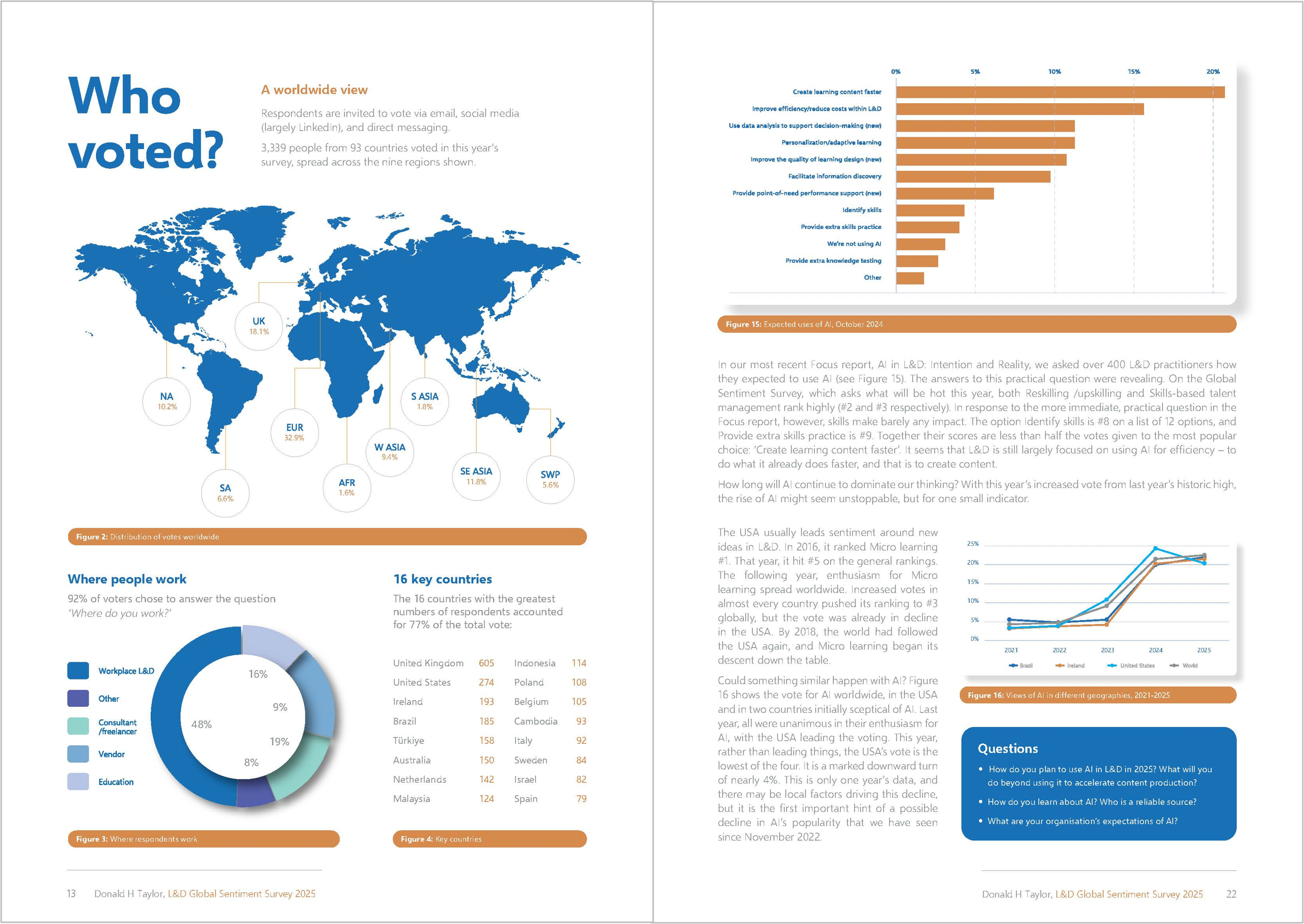Never mind the football, look at the human capital index!


Depressed by a miserable England performance against Spain last night, I went looking for some positive domestic news this morning. If England is slipping down the FIFA rankings, are we doing any better economically, or in terms of productivity?
For a pick-me-up, I went back to an October policy brief from the Lisbon Council. It’s heartening to see the UK at number 3 in a table of 13 European countries.
The table in question is the European Human Capital Index, produced by Peer Ederer of the Zeppelin University in Friedrichshafen, for the Lisbon Council and the Frankfurt-based Deutschland Denken:
| Rank | Country | Score |
| 1 | Sweden | 8 |
| 2 | Denmark | 14 |
| 3 | United Kingdom | 19 |
| 4 | Netherlands | 21 |
| … | … | … |
| 8 | France | 30 |
| … | … | … |
| 10 | Germany | 36 |
| … | … | … |
| 13 | Italy | 48 |
International comparisons of the UK seldom see it so high in any table. Germany’s GDP overtook ours long ago; our productivity is usually quoted as being around 20% below France’s, and we usually under achieve educationally (see Dr Hilary Steedman for more – especially the International Comparison of Qualifications).
So why the high ranking on the European Human Capital Index table, and why do Germany and France rank so lowly in comparison?
Four factors contribute towards the European Human Capital Index:
- Human capital endowment – depreciated cost of all types of education and training
- Human capital utilisation – how much human capital is actually deployed (as a proportion of the overall (rather than just the working) population
- Human capital productivity – productivity in terms of how well educated employed labour is (rather than ouput/hours)
- Demography and employment – demographic and migration trends to the year 2030
As we might expect (see Steedman, above), the UK does badly on the first of these, ranking only 9th out of the 13. In terms of utilisation, it does better (5th), thanks to a wider range of ages (young and old) being in employment than in other countries. (Germany and France rank 10 and 11 respectively.) Given the ageing European demographic, this could be disasterous. The report says, chillingly:
If current retirement patterns do not change … [this] would roll back and reverse all of the achivements in effective Human Capital Utilisation in the last 20 years.
It is in the last two factors that the UK scores, ranking 2nd in Human Capital Productivity and 3rd in Human Capital Demography. The report doesn’t examine the causes directly, but suggests that higher productivity may be the result of deregulation and a good environment for the development of adults’ skills.
Demographically, the UK is doubtless assisted by skilled immigration (223,000 in 2006). The youthful Irish top the table, while the Germans and Italians (with among the lowest birth rates and lowest retirement ages in Europe) languish at the bottom.
Tongue in cheek, I have looked at this in terms of the UK’s position, but I don’t really see our showing as a matter for chauvanistic jubilation. Indeed, the reports conclusions and policy recommendations are quite clear that improving the European Human Capital Index should be a concern for us all. Refreshingly, it also suggests that fiats from Brussels will be less effective in affecting change than action by nation states. It recommends:
- Improve public investment in education and skills – while recognising that money has to be spent wisely, it points out that Europe spends less on education than its OECD peers
- Encourage human capital investment in adults by the private sector – step forward recently appointed UK skills czar Digby Jones
- Raise human capital utilisation – the skilled ‘core workforce’ between ages 30 and 50 cannot continue to carry the burden of the rest of the economy. This means more participation by the young, the old and the less skilled. It also means more fluidity and less worker protection. I have differed with Jason Corsello on this in the past, but in light of this report, I think we would probably agree that we were examining the same problem from different angles.
- Improve human capital productivity – this is matter of raising input efficiency (education/training) or improving output efficiency (institutional reform).
- Be open to immigration, especially of skilled workers – Germany, Italy and Spain will be hardest hit by demographic changes. The report asks whether by 2030 they can ‘learn to live in a society where every other 20-year-old is a foreigner?’
It’s a big challenge, but not an impossible one. Whatever else, it puts into perspective a 1-0 loss in a friendly football game.
I have speculated in previous posts about the different range of measures of human capital. I am concluding that there are three types of measure – policy measures (like the European Human Capital Management Index above), accounting and reporting measures and operational measures that are used tactically. Others have pointed out how HR often has trouble getting to grip with Human Capital, and this profusion of different measures may be part of the reason. More on this in a future post.
PS – before I get any irate comments, my father is English, my mother is Scots, my wife is Welsh, and so yes, I do know that England is not quite the same thing as the United Kingdom.


